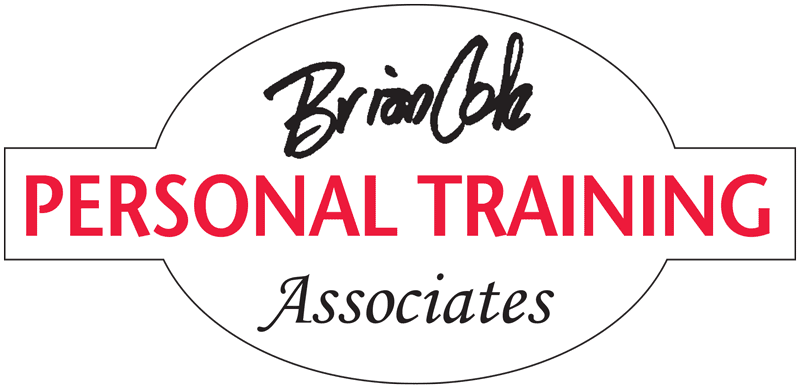The information questionnaire before I climbed Mt. Kilimanjaro a few years ago asked what seemed a very strange question: “Are you claustrophobic?”
Huh? I’m accepting the challenge of attempting to climb 19,351 feet, the highest mountain on the continent of Africa and the tallest free-standing mountain on our planet. Why am I being asked about claustrophobia, which is “the extreme or irrational fear of the restriction of confinement”? I’m not going caving or scuba diving. I’m hopefully getting up above all concerns of confinement.
I’m not claustrophobic, but I remember when playing football, if I were on the bottom of the pile after a play, knowing fully that it will only take a few seconds for everyone to get up off me, I was a bit uncomfortable with being unable to move. I’m not claustrophobic, but when living in certain life situations, the dreams that awakened me were always about being trapped and trying to find the way out. I’m not claustrophobic, but I always reserve the aisle seat when flying, take the end of a row seat at a ball game or a play or a movie. OK, I could go on, but I’m not claustrophobic OK? Right.
A little science: Cortisol is a natural hormone made by the adrenal glands that helps control our temporary fight-or-flight reaction. When triggered, our sympathetic nervous system (our gas pedal) sends cortisol. It keeps inflammation down, regulates our blood pressure, boosts our energy physically and mentally to handle the stress, and then through our parasympathetic system (our brake) it also rebalances us. While we all have it, we don’t automatically control it voluntarily (more about that in a minute). Sometimes the systems malfunction. When Cortisol is chronically accelerated, this contributes to increased blood sugar, a tendency toward weight gain, high blood pressure, etc. But when in its acute fight or flight mode, if it gets carried away with its job and becomes a bit of a workaholic, its brakes don’t work. This produces anxiety.
Back to Kilimanjaro. On my climb after five days of climbing, at 16,600 feet, I experienced altitude sickness. I had to descend. As explained pre-trip, this has nothing to do with fitness levels, gender, age or any predictable conditions. Like random seasickness can strike the seasoned sailor after years of no trouble, it’s just something that can happen. Caused by the reduced availability of oxygen, the symptoms are tightness in chest and throat, chills, fatigue, trouble sleeping, nausea, muscle aches, confusion… (and they’re the same symptoms of claustrophobia. Hmmm…?)
Why put you, patient reader, through listening to all this about my experiences? Because many of you have experienced anxiety or panic attacks. Re-read those symptoms. Sound familiar? If you’re a woman, the chances are you’ll openly acknowledge it if you’ve been there. But ask most therapists, counselors, psychologists and they’ll tell you that men are reluctant to acknowledge anxiety or panic attacks or depression — or anything that might sound like weakness. Many women have, of course, held many men as they worked through stuff but enough about that.
In my sleeping bag, on the side of that mountain, was I experiencing altitude sickness or a claustrophobic reaction or a temporary malfunction of my sympathetic/parasympathetic nervous systems triggering an anxiety or panic attack? No way to tell. Except. Later that year, in a relatively minor situation, I had the same symptoms. The altitude on the second floor of my home here at sea level wasn’t a factor, I wasn’t confined in any way, so I later concluded the obvious: it was my systems overreacting.
I said earlier that we don’t automatically control it. But we can. Learning and practicing conscious slow rhythmic deep breathing activates our parasympathetic (brake) system. Meditation, tai chi and yoga may help, or read the western medicine book on this subject, The Relaxation Response by Herbert Benson M.D. When I returned to Africa three years later to try again, I did experience the fatigue, confusion etc. I also made it to the summit.
Hopefully someone reads this who suffers far more regularly than I have and by sharing my experience (my weakness?) I’ll be of some help.
Breathe deeply — and enjoy the Holidays!

